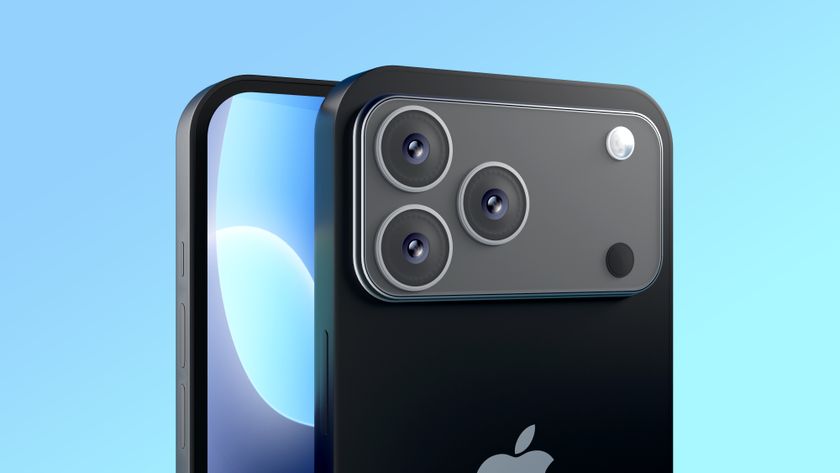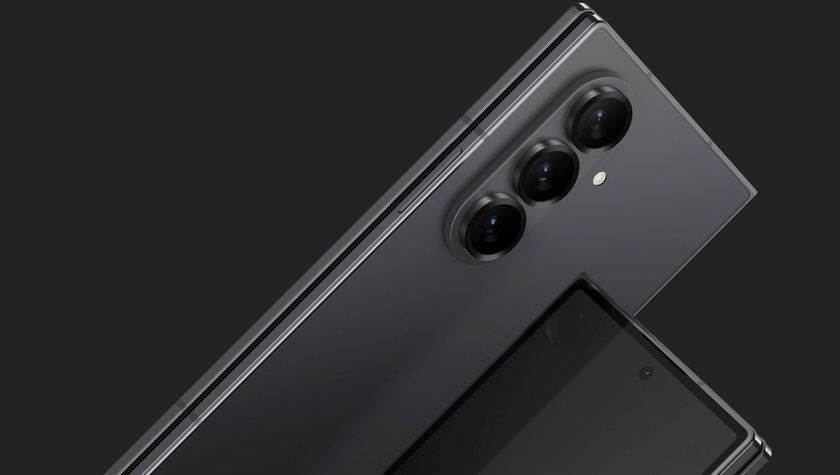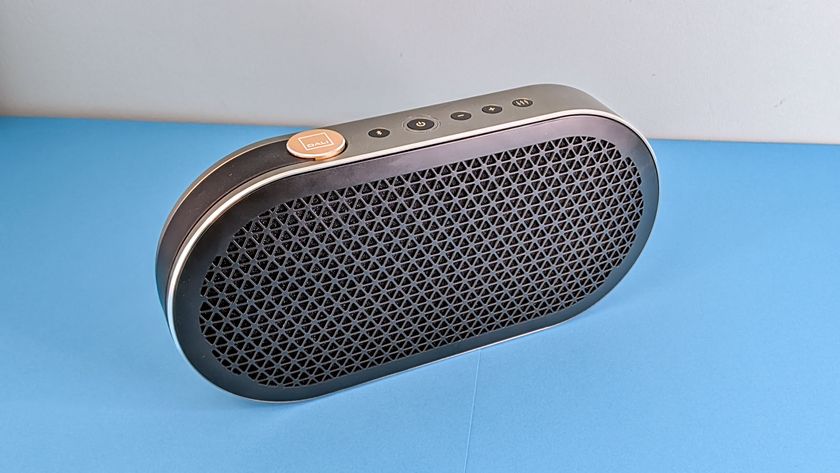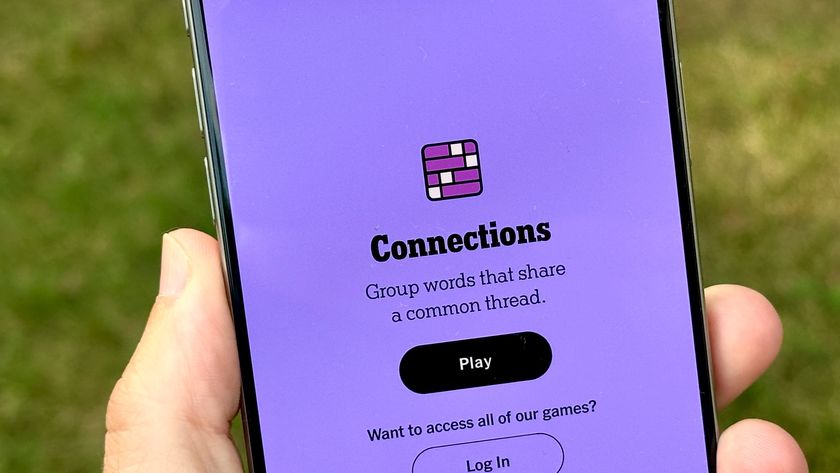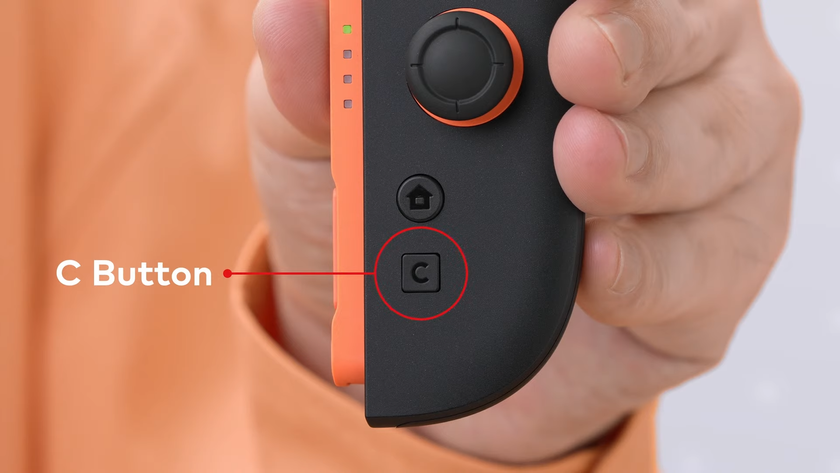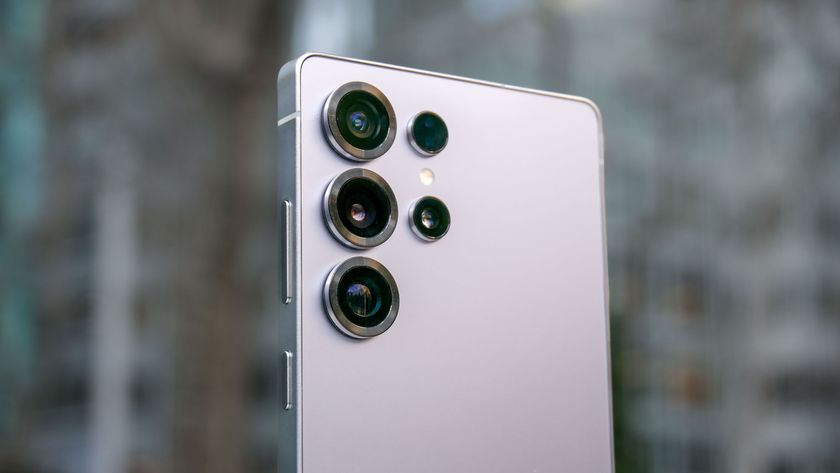NSA issues warning to iPhone and Android users — do this to stop hackers
A simple and effective way to keep your phone safe
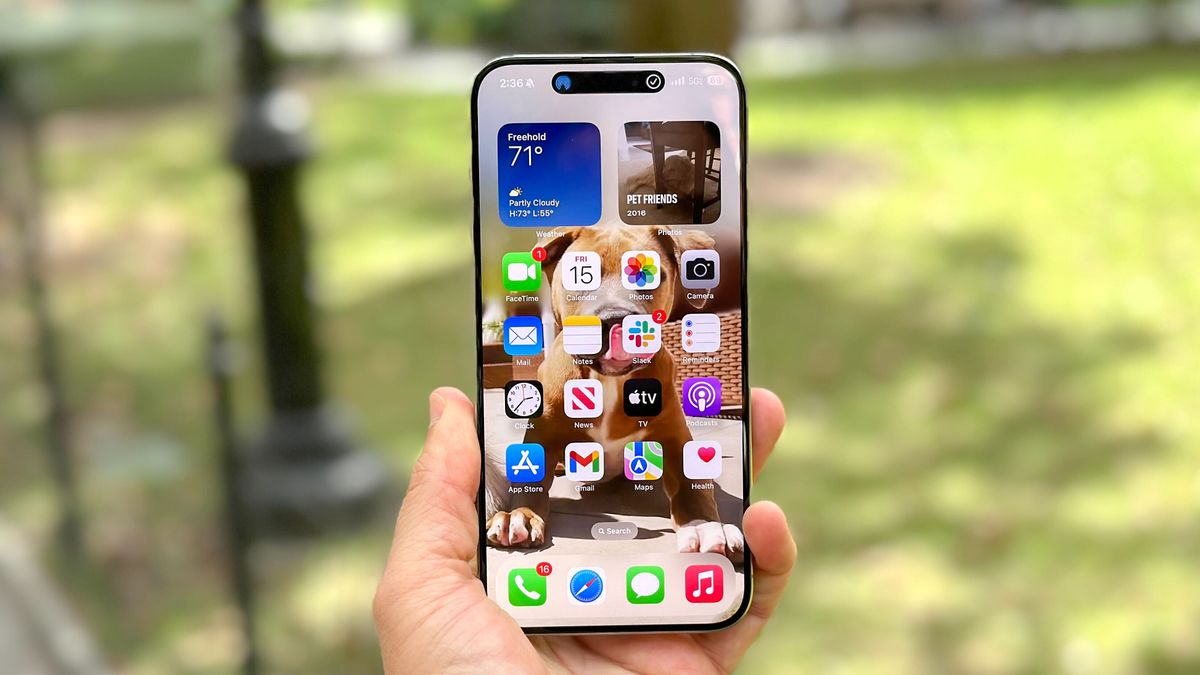
Despite the best efforts of both Apple and Google, hackers keep coming up with clever new ways to hack into our smartphones. From malicious apps to banking trojans and spyware, there are all sorts of different tools, techniques and tactics in a hacker’s arsenal.
Staying safe from phishing attacks and impersonation scams requires that you remain vigilant online — especially when checking your inbox or your messages — while bad apps can be avoided by checking their ratings and reviews to ensure they actually do what they should. Likewise, if you’re using an Android phone, you want to avoid sideloading apps as the APK files used to install them could contain malware. This is because they don’t go through the same rigorous security checks that ones from official app stores do.
However, even if you practice excellent cyber hygiene, avoid clicking on links from unknown senders and take extra precautions like using a VPN when connected to public Wi-Fi, there are still ways that hackers can manage to compromise your devices.
To help keep your devices safe though, the U.S. National Security Agency issued a warning years ago that still applies today. Here’s why this simple practice can be effective at keeping both the best iPhones and the best Android phones protected from hackers.
Time for a restart
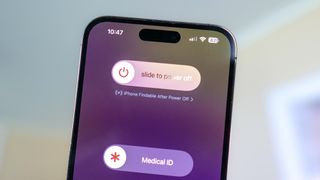
There are all sorts of different steps you can take to protect yourself and your devices online but in a mobile device best practices guide that recently resurfaced online thanks to Forbes, the NSA sheds light on one that seems so obvious that everyone should be doing it.
While you probably shutdown and reboot your laptop or desktop computer fairly often, when was the last time you did so with your phone? Probably not very recently if I had to guess. Well you might want to add regularly restarting your phone to the laundry list of items you need to do to stay safe online.
In a blog post, the cybersecurity firm CheckPoint highlights the dangers of zero-click exploits. Unlike with your typical malware which requires some form of user interaction like clicking on a malicious link or downloading a compromised app, zero-click exploits can infect a smartphone without you doing anything at all. For instance, hackers could send a specially crafted message or image to infect your phone without you even opening it.
Sign up to get the BEST of Tom's Guide direct to your inbox.
Get instant access to breaking news, the hottest reviews, great deals and helpful tips.
Many zero-click exploits leverage zero-day vulnerabilities that have yet to be patched by a device’s manufacturer. The infamous NSO Group, which developed the Pegasus spyware, is known for finding and then weaponizing zero-click vulnerabilities in both iOS and Android to spy on high-value targets like CEOs and politicians.
Besides frequently updating your devices and installing the latest patches as soon as they become available, restarting your smartphone can be a simple yet effective way to defend against zero-click exploits and the kinds of attacks they’re used in. This isn’t a foolproof defense method by any means but according to the NSA, it will sometimes prevent these sorts of attacks from being successful.
So how often should you restart your iPhone or Android smartphone? At least once a week is a good rule of thumb for how often you should restart your devices. While you can set this up automatically on the best Samsung phones or the best OnePlus phones, you can always set a reminder in your calendar or restart your phone on a certain day each week so you don’t forget. Likewise, on iPhone, you can create an automation that will restart your device at a time of your choosing.
How to keep your iPhone or Android phone safe from hackers
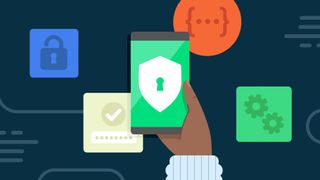
Restarting your phone at least once a week is one of the lesser known ways to stay safe from hackers. However, there are still a few tips and tricks I haven’t touched on yet.
If you’re using an Android phone, you want to make sure that Google Play Protect is enabled as it scans all of your existing apps and any new ones you download for malware. It’s free and comes pre-installed on most Android phones. If you want a bit of extra protection though, you should consider using one of the best Android antivirus apps alongside it and many of them throw in useful extras like a VPN or a password manager.
As for keeping your iPhone safe from malware, that’s where things get a bit more complicated. Since Apple prevents iOS apps from scanning for malware, you’re going to have to turn to one of the best Mac antivirus software solutions instead. Both Intego Mac Internet Security X9 and Intego Mac Premium Bundle X9 can scan an iPhone or even an iPad for malware but there’s a catch: the device needs to be connected to a Mac using a USB cable.
Now that we store so much sensitive personal and financial information on our smartphones, they’ve become a major target for hackers. By being proactive and promptly installing the latest updates while also being extra careful online, you can avoid falling victim to cybercriminals and having your own iPhone or Android phone hacked.
More from Tom's Guide

Anthony Spadafora is the managing editor for security and home office furniture at Tom’s Guide where he covers everything from data breaches to password managers and the best way to cover your whole home or business with Wi-Fi. He also reviews standing desks, office chairs and other home office accessories with a penchant for building desk setups. Before joining the team, Anthony wrote for ITProPortal while living in Korea and later for TechRadar Pro after moving back to the US. Based in Houston, Texas, when he’s not writing Anthony can be found tinkering with PCs and game consoles, managing cables and upgrading his smart home.
-
rgd1101 Reply
first thing would be stay off from the internetgfounds said:That’s nice and all, but how do we keep ourselves safe from the NSA?
